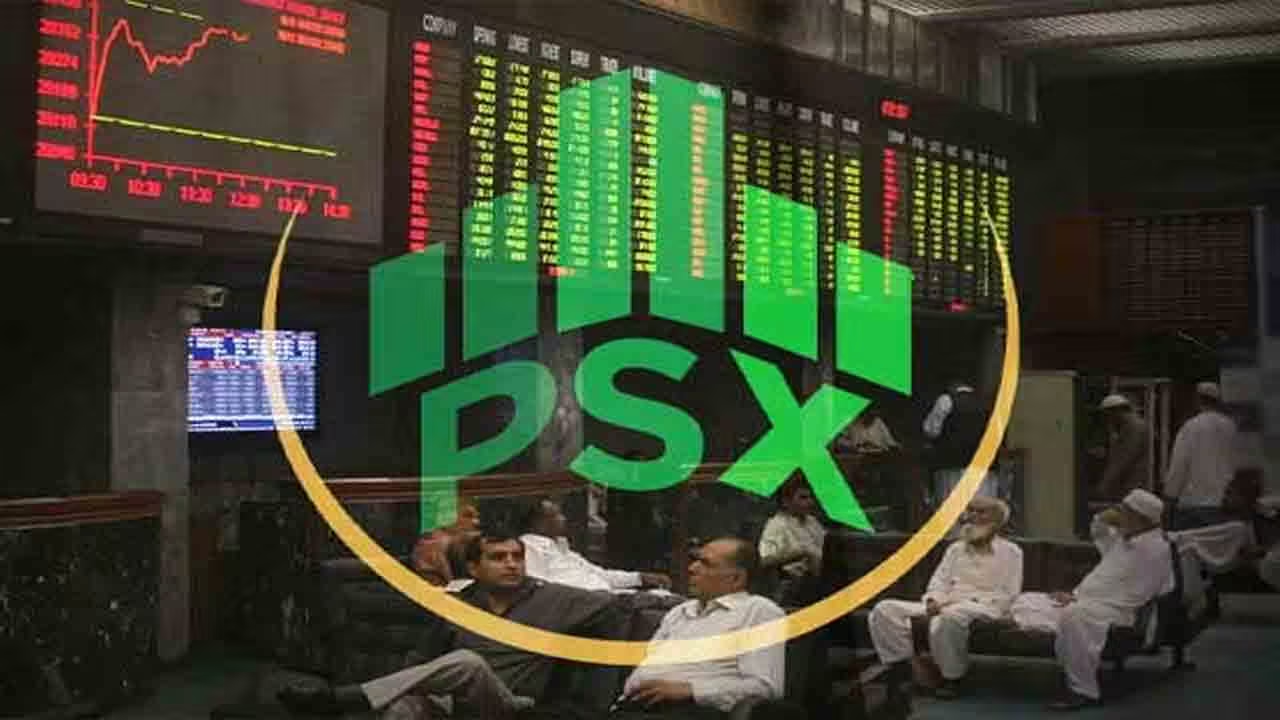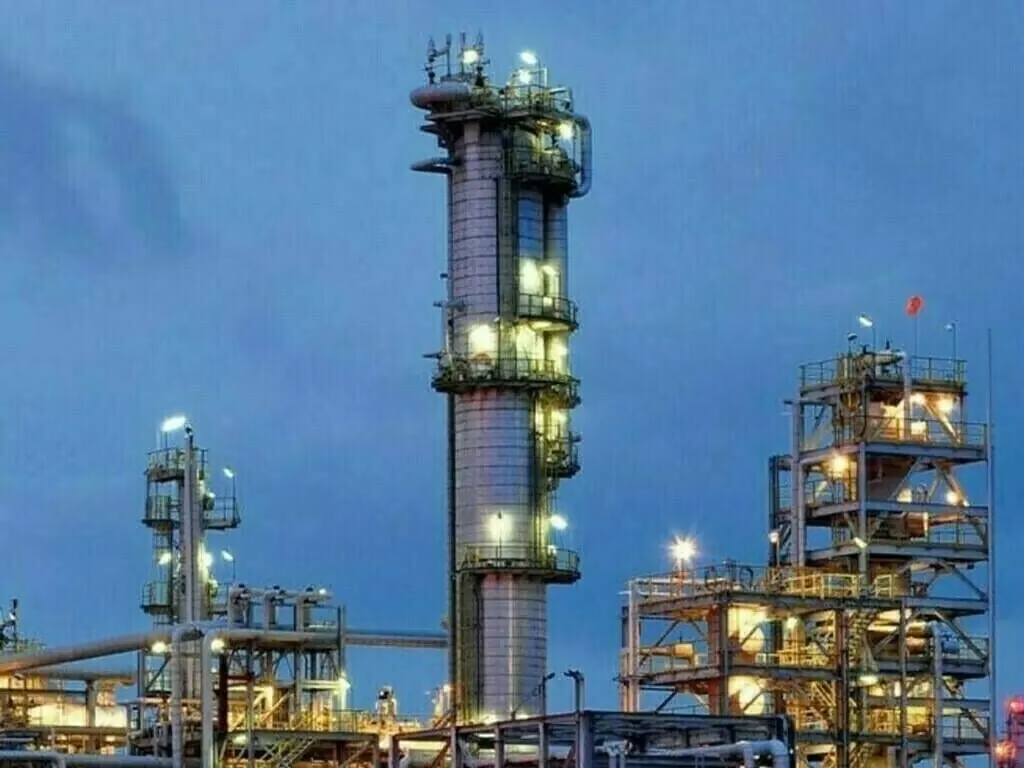China should raise its import tariffs on large gasoline-powered cars to 25%, according to Liu Bin, an expert from the government-affiliated China Automotive Technology & Research Center (CATARC). This recommendation comes as China faces significantly higher U.S. auto import duties and the prospect of additional tariffs for entry into the European Union.
Liu Bin, the chief expert at CATARC and deputy director of the China Automotive Strategy and Policy Research Center, stated that a 25% tariff rate complies with World Trade Organization (WTO) rules. This proposal, reported by China’s Global Times newspaper, aims to counterbalance domestic and international markets and promote green and low-carbon development policies.
Shares of BMW and Mercedes, major exporters of SUVs and sedans to China, experienced declines exceeding 2% on the STOXX 600 early Wednesday following the news.
“The suggested tariff rate adjustment for imported gasoline sedans and sport utility vehicles (SUVs) with engines larger than 2.5 liters is not only in line with WTO rules,” Liu stated, adding that it would primarily affect German carmakers.
Liu highlighted that certain countries have implemented restrictive measures in the new-energy vehicle sector, contradicting the principles of green development and violating market economy principles and WTO regulations. The United States, for example, has imposed steep new tariffs on various Chinese imports, including electric vehicles, and the European Commission is investigating China-made EVs, likely resulting in additional duties.
Liu emphasized that the recommended tariff hike is intended to accelerate China’s green transition, distinguishing it from protectionist measures seen elsewhere.



